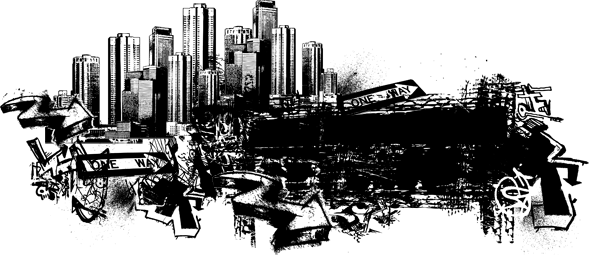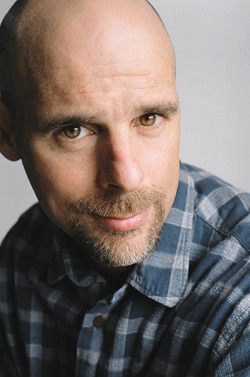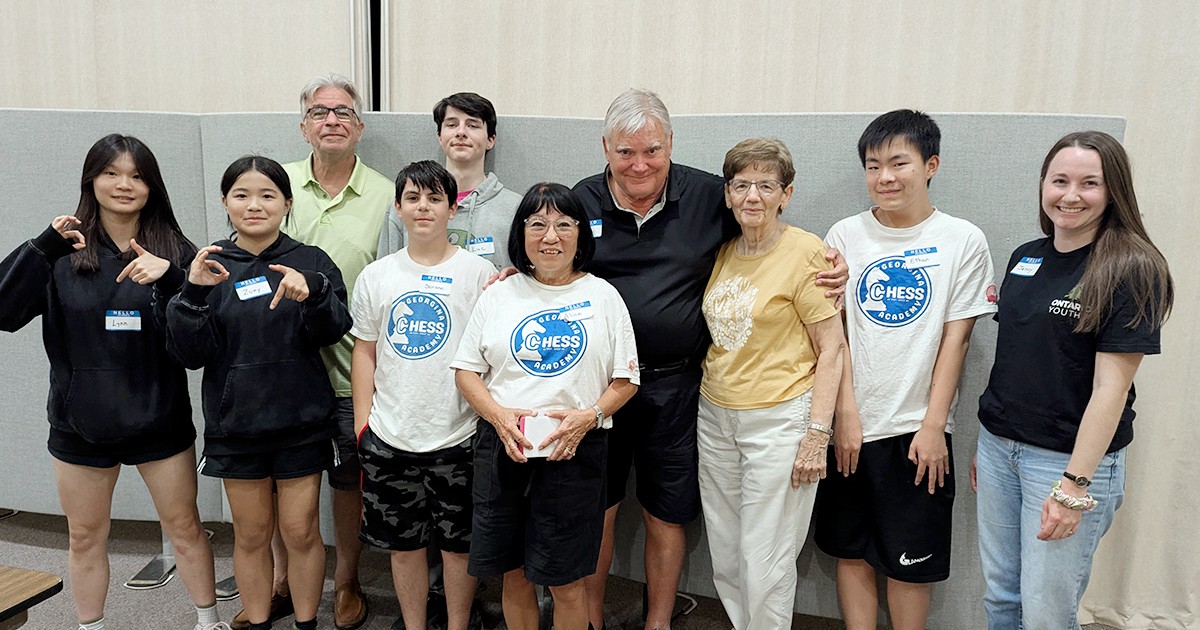 Bart Campolo is a veteran urban minister and activist who speaks and writes about grace, faith, loving relationships and social justice. Campolo is leader of The Walnut Hills Fellowship, a local ministry in inner-city Cincinnati; founder of Mission Year, a Christian ministry that recruits committed young adults to live and work among the poor in inner-city neighborhoods across the United States; and executive director of the Evangelical Association for the Promotion of Education, which develops and supports innovative, cost-effective mission projects around the world and was founded by his father, Tony.
Bart Campolo is a veteran urban minister and activist who speaks and writes about grace, faith, loving relationships and social justice. Campolo is leader of The Walnut Hills Fellowship, a local ministry in inner-city Cincinnati; founder of Mission Year, a Christian ministry that recruits committed young adults to live and work among the poor in inner-city neighborhoods across the United States; and executive director of the Evangelical Association for the Promotion of Education, which develops and supports innovative, cost-effective mission projects around the world and was founded by his father, Tony.
Bart Campolo spoke with Major Geoff Ryan, Corps Officer, Corps 614, Toronto, in Cleveland at The Salvation Army's Urban Forum 2009.
Major Geoff Ryan: How did you get started working for the Church?
Bart Campolo: I accepted Christ when I was 16, and that summer someone asked me to run a summer camp in Camden, New Jersey—a little ghetto across the river from Philadelphia. Through that experience, I was inspired by the needs of the poor. I was going to be an inner-city missions worker, live with all my friends in some poor neighbourhood and care for the needs of the people that lived around me. Somehow that vision morphed into my running the Mission Year program, which made it possible for hundreds of people to work with the poor.
After a number of years working in an administrative role, my family knew that I wasn't happy, so my wife and kids sat me down, laid out a few conditions and said that if I wanted to make a change, they would support me. We had friends in Cincinnati, so two weeks later, we literally threw everything we owned in a van and moved into a one-bedroom apartment in Walnut Hills, a Cincinnati suburb.
Ryan: Do you work full-time at Walnut Hills?
 Campolo: When we moved to Cincinnati, I focused on trying to be a good neighbour in Walnut Hills. I still earn my living with speaking engagements and running the Evangelical Association for the Promotion of Education for my dad. My next-door neighbour is a professional musician, his wife is a school teacher and my wife does administration for a church congregation down the street. In other words, everybody has a “real” job, yet we all live together and our main thing is actually trying to figure out how to be good neighbours in our part of the world.
Campolo: When we moved to Cincinnati, I focused on trying to be a good neighbour in Walnut Hills. I still earn my living with speaking engagements and running the Evangelical Association for the Promotion of Education for my dad. My next-door neighbour is a professional musician, his wife is a school teacher and my wife does administration for a church congregation down the street. In other words, everybody has a “real” job, yet we all live together and our main thing is actually trying to figure out how to be good neighbours in our part of the world.
Ryan: As the son of a famous person, there must be the shadow of your father's reputation. Was this change of vocation and locale part of your need to be Bart, rather than Tony Campolo's son?
Campolo: Honestly, no. My dad and I have been working together for 20 years. It's like a family business—we're Italians, you know. And even when we moved away, we didn't move far. I moved to Cincinnati because I wanted to live in community with people in an inner-city neighbourhood other than Philadelphia.
While I didn't move to Cincinnati to get away from my hometown or my folks, it has been highly liberating to be in a city where everyone doesn't know me as Tony Campolo's son. In Philadelphia, everybody knows my dad. It's one thing if you walk into churches and bump into people and they say, “You're Tony Campolo's son!” It's another thing when you go to pick up your car at the garage and the guy says, “Hey, Campolo? You related to … ?” That doesn't happen to me very much where I live now.
Ryan: Your father has had quite a bit of interaction with The Salvation Army. What is your experience and impression of us?
“Following Jesus has less to do with worrying about outlawing abortion and gay marriage, and more to do with caring about what happens to the poor and the disadvantaged”
Campolo: I've had lots of experience with The Salvation Army, too, both in the United States and in the United Kingdom. When I ran Mission Year, we held conferences and training opportunities, working with Salvation Army youth workers in Philadelphia and around the region. I've spoken at Salvation Army events in California, Texas and Florida. I feel like I have a pretty good grasp of the Army.
I think the strength of the Army is its distinct subculture. It means something to be part of the Army. In fact, one of the strange things about Army people is that if you connect with Army officers in one place and then get in an airplane and fly across the country and meet some other officers, they will talk in the same language and have a similar mindset. They will all know the other guys, too. It's a very small subculture of people that are culturally distinct. That's a strength because there is a sense of belonging and camaraderie. It's also a weakness because to the rest of the world, when they think of The Salvation Army, it can feel like going into a time warp.
When it comes to inner-city work, The Salvation Army subculture means that a person can move into a neighbourhood and, on one level, they can survive because their way of dressing, their way of living, their social circle, even their way of thinking don't necessarily change very much. They're sort of in a bubble that is hermetically sealed and this helps them not to be worn down by the surrounding culture. Conversely, it makes it much more difficult for them to develop truly authentic relationships with their neighbours. Salvationists in the inner city have a reputation of being great people. They give stuff out, they take care of people, they do all kinds of things. But they're not considered to be …
Ryan: … part of the community?
Campolo: Right. They're distinct. Historically, The Salvation Army has moved its officers around every two or three years. When you move people around and then wonder why they don't develop deep relationships with their neighbours … well, it's kind of obvious, isn't it?
Ryan: With the election of President Barack Obama, people are talking about a post-racial and post-partisan period in politics. How do you feel about this shift? Is a new era really dawning?
Campolo: For years, many of us in the Church have been saying, “Following Jesus has less to do with worrying about outlawing abortion and gay marriage, and more to do with caring about what happens to the poor and the disadvantaged.”
The pendulum has shifted somewhat. This seems to be the language that Rick Warren and other church leaders are embracing. But when justice is embraced by the mainstream, it can be re-imagined and repackaged and lose something. I am very happy that justice has become a mainstream Christian value as it was for Jesus. But I am also suspicious of an “easy come, easy go” thing happening.









Leave a Comment